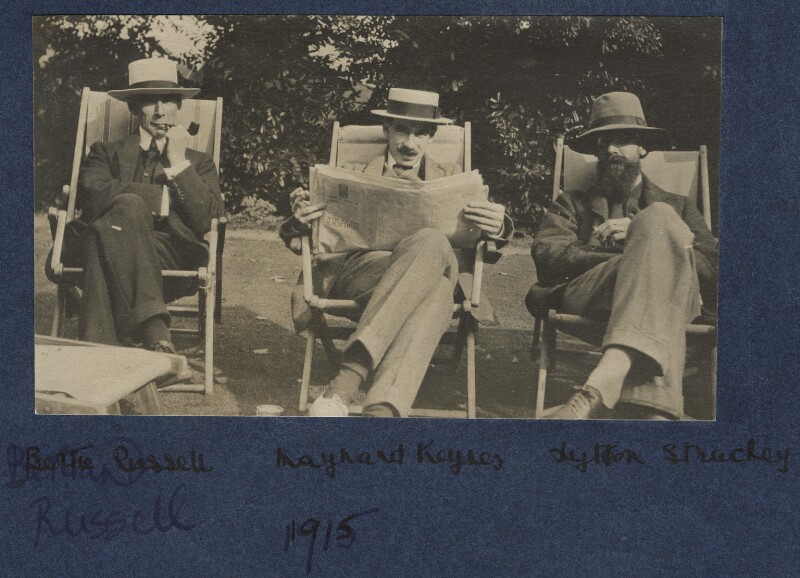“Economics” as a discipline may ring dry and so,well… economical; that which remains once the human is removed from capital – a once succulent fruit; peeled, shredded, cut to the core. And the practitioners? The stars of any day seem often to be forgot, the theoretical paths taken rarely crossing and the enmity great. I actually do read some here and there, that is, somewhat economically – for instance, Krugman (because he is cranky and often says what I like) and other pieces of NY Times reporting and opinion, and Duflo & Banerjee. The Economist, I rather loathe – but it sometimes comes my way and I attempt to take what I can from stuff written by god knows who (they don’t tell you!), and in a language decipherable to but a few. Fairly regularly I browse the “Wirtschaft” pages of German media; the Suddeutsche Zeitung and sometimes the Frankfurter Allgemeine which is big on business (thankfully, not only) in a big way.
This is all to say, whilst I am not an absolute duffer, economics, and especially the business side, is not my thing. But John Maynard Keynes I do know, and I know him by way of the company he kept, and a piece by Jonathan Kirshner in The New York Times last December reminding of the publication one hundred years before of Keynes’ seminal work written in the aftermath of the Versailles peace conference, brings this back to mind.
…The book, “The Economic Consequences of the Peace,” turned out to be a phenomenon. It swiftly went through six printings, was translated into a dozen languages, sold over 100,000 copies, and brought world fame to its 36-year-old author, John Maynard Keynes…
…“Economic Consequences” is majestically written — Keynes was close to the iconoclastic Bloomsbury cohort of artists and writers, and his incisive, candid portrayals of the peacemakers (Georges Clemenceau, David Lloyd George and Woodrow Wilson) reflected the no-holds-barred influence of Lytton Strachey’s recently celebrated “Eminent Victorians.” The book was also wildly controversial for its assessments of the capacity of Germany to pay the reparations demanded by the victorious Allied powers…
Opinion, The New York Times, Dec. 7 2019

by Lady Ottoline Morrell, vintage snapshot print, 1915 NPG Ax140438
© National Portrait Gallery, London
Without having (yet) read the book, it seems clear Keynes prophesied that which would later be agreed by many in hindsight; the aggravating role the Treaty would play in creating an economic and social environment that would lead, and alone in the interests of satisfying extreme French reparation demands, to very bad places. And they did; a brief period of recovery was followed by political uncertainties, the market crash, a worldwide depression with all the accompanying societal and personal catastrophes, and which would ultimately facilitate the rise of tyranny and fascism in Germany and elsewhere.
I have just been writing a little about Lytton Strachey in my meanderings through Virginia Woolf’s daily life, as recorded by herself, and as it happens I am in the midst of a time (July, 1919) in which Eminent Victorians (various copies available at the Internet Archive) is being lauded as a resounding success, so Kirshner’s observation in respect to this book attracts my attention. Whether this attraction will run to reading either or both only time will tell, but in terms of the preoccupations of this extraordinary group of friends, where the lines are often blurred between (auto)biography and literature, and memoir-writing practiced with fervor as the true repository of truth, that, beyond the situational, theoretical and factual world of politics and finance, Keynes application of colorful brush strokes to his portraits of the movers and shakers of the time would hardly surprise. More determinedly then I now say: yes, two works, both a century old, that should be read.
